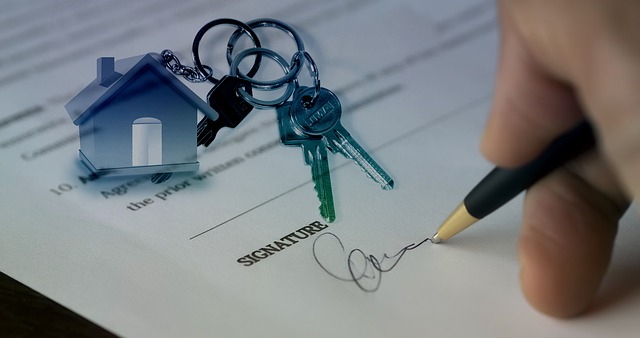There are several tips for keeping your property in your name during the divorce process. Keep a cool head, and don’t blame the other party for your divorce. Try dissolving joint accounts before the divorce goes to court and maintain a good credit score. These are just a few essential tips for keeping the property in your name during the divorce.
Table of Contents
Keep a cool head
When negotiating a divorce, it’s essential to remain calm. It means not assigning blame to your spouse. Assigning blame to your partner will only make you feel more powerless and won’t help your situation. Instead, it would help if you focused on establishing an equal ground in the mediation.
Keeping a cool head when sorting through your marriage is critical in helping you overcome your difficult time and move on. Although your ex may be angry, avoiding allowing your spouse to feel your emotions is essential. It will make you look like a better person to others and will help you move on with your life. If you have children, you can help them by focusing on your emotional health as you navigate this difficult time.
Dissolve joint accounts before going to court
While it may seem easy to get your money back from your spouse, it can have unintended consequences. By dividing up joint accounts, you are dissipating marital assets. Separating joint accounts may not even affect your credit score. Even if one of you contributed more to the accounts, you could still claim the money.
To avoid wasting time, you should take a comprehensive inventory of all joint accounts. In most cases, you and your spouse have opened joint accounts during the marriage. Joint accounts usually allow you to withdraw money from them and can be used by either party. However, some investment accounts require two signatures. It means that if one spouse decides to make large withdrawals from the joint account, the other spouse will probably try to get their money out by using it for other purposes.
In the end, you should act quickly. While divorce is often an emotional and practical process, it can have many financial implications. Joint bank accounts are essential to joint finances because they allow both parties to make decisions and deposit money. However, a divorce can cause joint accounts to become empty, and the person who owns them will be liable for any withdrawals. That is why it is essential to dissolve joint accounts before going to court through a divorce.
If you plan to return to your maiden name after the divorce, the first step is to request a certified copy of the final judgment. This document is essential since you can use it to change ownership of bank accounts and car titles. The Clerk of Circuit Court will usually provide this document for a fee. This document may be helpful if you have a plan where the other spouse can claim ownership of assets.
Maintain good credit score after divorce
Although it may be difficult to avoid a negative impact on your credit score, there are ways to protect it. The most obvious way is to keep your credit accounts separate. It is essential if your credit score is affected by separating your two financial accounts. Joint debts commonly cause a bad credit score after a divorce, so you must pay them off immediately.
Even if you do not share debt, keeping your credit cards separate is essential. While this is likely to be difficult, it will help your credit score if you don’t add more debt to your joint accounts. However, this will hurt your credit utilization. Even if the creditors are willing to accept the new dates, you should still avoid applying for too many credit cards at once. Remember that inquiries and balance transfers can hurt your credit score, so make sure you know how to limit them.
The first thing to do is understand your credit report and consult My Divorce Lawyers. It is essential to know your credit score before getting divorced. Learning more about your credit score can help you protect your financial position during this time and into the future. It’s vital that you understand your credit report and how it works. If you can pay your bills on time, you can drastically increase your credit score.
The next step in repairing your credit after a divorce is to check your credit report. The ideal credit report will show the credit score from all three major bureaus and any joint accounts you may have had with your ex. Be sure to check for any collection accounts and late payments. They will jeopardize your chances of obtaining credit in your name. You can do many things to keep your credit report in order after a divorce.
Another way to keep your credit score high after a divorce is to avoid opening new lines of credit during your separation. It can be particularly tricky if one party has opened a credit card during the separation process. During the divorce proceedings, it may be a good idea to freeze the account so you can monitor any changes. It’s also essential to monitor your credit report, as these can change. You can obtain a free copy from each of the three credit bureaus.
